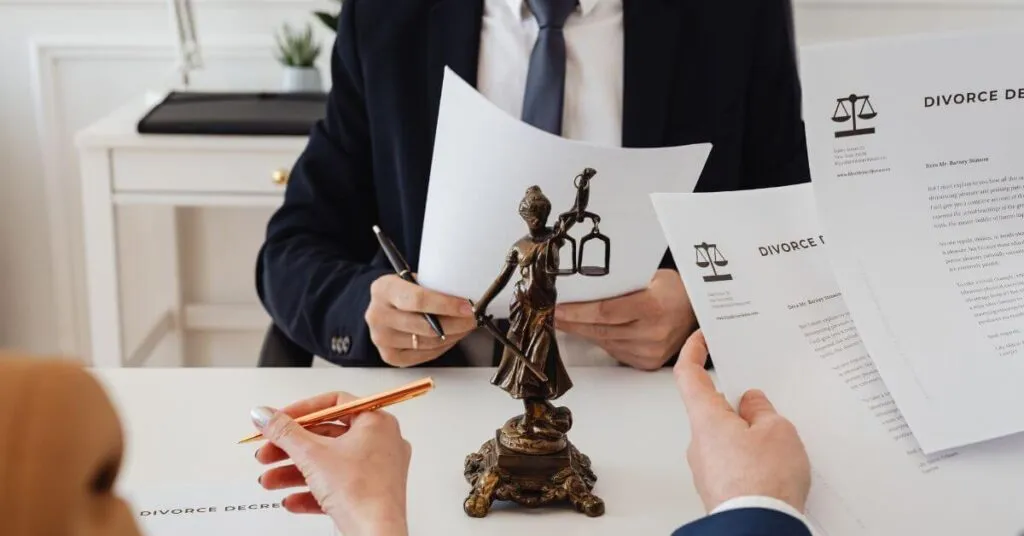The Legal Aspects of Inventing: The Role of an Invention Lawyer – Have you ever had a brilliant idea for an invention but weren’t sure how to protect it legally? This is where an invention lawyer comes in. Invention lawyers specialize in helping inventors navigate through the complex legal landscape of patent law, trademarks, copyrights, and other intellectual property rights. In this article, we will explore the important role that an invention lawyer plays in the process of inventing, and why their expertise is crucial for inventors.
Table of Contents
Understanding Intellectual Property
Before delving into the role of an invention lawyer, it is important to understand the concept of intellectual property (IP). Intellectual property refers to creations of the mind, such as inventions, literary and artistic works, designs, symbols, names, and images used in commerce. There are several types of intellectual property rights, including patents, trademarks, copyrights, trade secrets, and industrial designs.
The Role of an Invention Lawyer
An invention lawyer specializes in helping inventors protect their intellectual property rights. Their primary role is to guide inventors through the complex legal processes involved in obtaining patents, trademarks, and copyrights. Here are some of the key tasks that an invention lawyer typically handles:
1. Patent Application: An invention lawyer assists inventors in preparing and filing patent applications. This involves conducting thorough research to ensure the invention is novel and not already patented. They also draft detailed descriptions and claims to protect the invention’s unique features.
2. Patent Prosecution: Once a patent application is filed, an invention lawyer engages in patent prosecution. This involves responding to office actions from patent examiners, addressing any objections or rejections, and ensuring the patent application meets all legal requirements. 3. Patent Litigation: Invention lawyers also handle patent litigation cases, representing inventors in disputes over patent infringement or validity. They work to defend inventors’ rights and seek remedies such as injunctions, damages, or licensing agreements.
4. Trademark Registration: In addition to patents, invention lawyers assist inventors in registering trademarks. They conduct comprehensive searches to ensure the proposed mark is not already in use and guide inventors through the application process to secure trademark protection.
5. Copyright Protection: Invention lawyers help inventors protect their creative works by obtaining copyright registrations. They advise on copyright eligibility, assist in drafting copyright applications, and guide inventors through any copyright infringement issues that may arise.
6. Intellectual Property Strategy: An invention lawyer helps inventors develop an intellectual property strategy to maximize the value of their inventions. This may include advising on licensing agreements, negotiating contracts, and developing strategies to monetize intellectual property assets.
7. Due Diligence: Invention lawyers perform due diligence on behalf of inventors, conducting comprehensive searches and analysis to assess the patentability, validity, or infringement risks associated with an invention. This helps inventors make informed decisions about their intellectual property rights.
The Importance of an Invention Lawyer
The role of an invention lawyer is crucial for inventors for several reasons:
1. Intellectual Property Protection: An invention lawyer helps inventors protect their innovative ideas and inventions by guiding them through the process of obtaining patents, trademarks, and copyrights. This ensures that their intellectual property rights are legally recognized and prevents others from copying or profiting from their inventions.
2. Legal Advice and Guidance: Inventors often face complex legal issues related to their inventions, such as licensing agreements, contracts, and negotiations with potential investors or manufacturers. An invention lawyer provides invaluable legal advice and guidance throughout these processes, ensuring that inventors make informed decisions and protect their interests.
3. Patent Application Drafting and Prosecution: Filing a patent application can be a challenging and time-consuming process. An invention lawyer assists inventors in drafting and filing patent applications, making sure that all the necessary requirements are met. They also handle the prosecution of the patent application, responding to any objections or rejections from patent examiners.
4. Patent Litigation and Enforcement: In case of patent infringement, an invention lawyer represents inventors in legal disputes and helps them enforce their patent rights. They have the expertise to navigate complex litigation procedures and negotiate settlements or defend inventors’ rights in court.
5. Prior Art Research: Before filing a patent application, it is essential to conduct a thorough search for prior art to determine if the invention is novel and non-obvious. An invention lawyer has access to specialized databases and resources to perform this research effectively, ensuring that inventors do not waste time and money on inventions that may not be patentable.
Conclusion
Invention lawyers play a crucial role in helping inventors protect their intellectual property rights. From conducting patent searches to filing applications, prosecuting patents, and enforcing trademarks and copyrights, their expertise ensures that inventors can navigate through the complex legal landscape and maximize the value of their inventions. If you have a brilliant idea for an invention, consulting with an invention lawyer is a wise investment to ensure that your intellectual property is protected.


